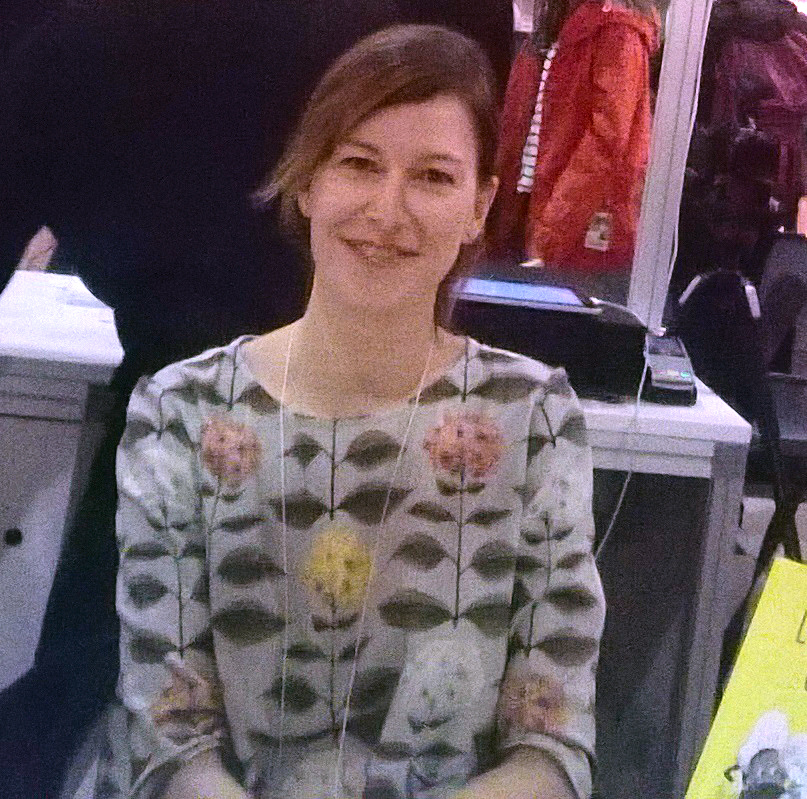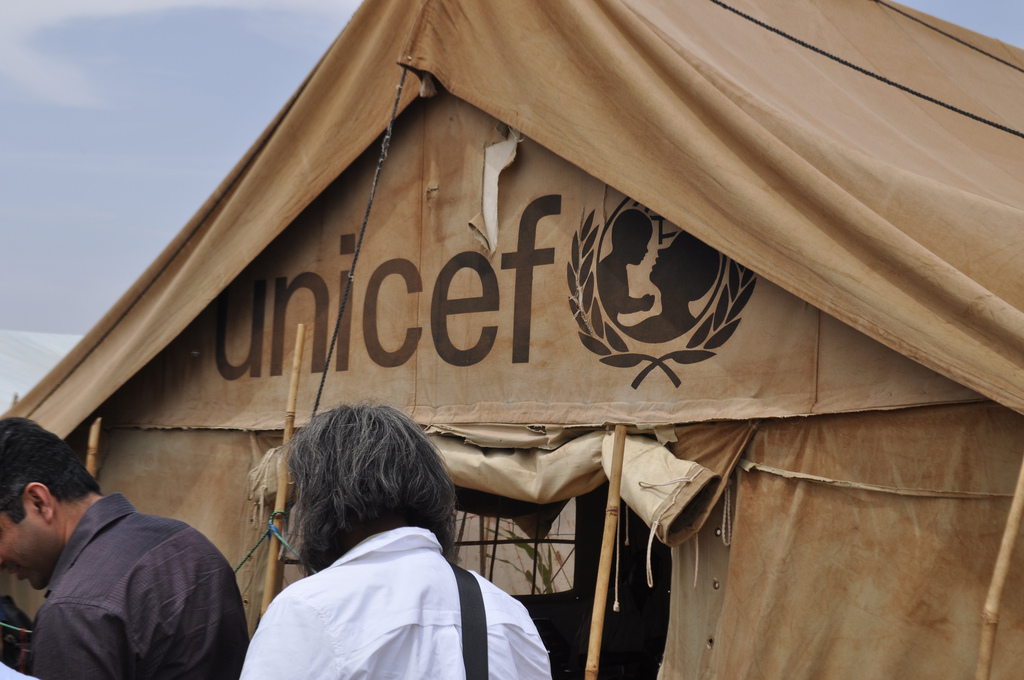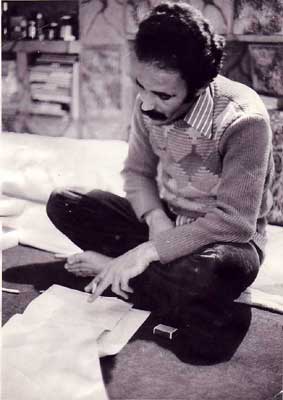|
Ahmad Akbarpour
Ahmad Akbarpour () ''Ahmad Akbarpūr'' , born July 31, 1970, in Chah Varz, Lamerd, Fars province, is a novelist and author of short stories and children's books. Biography Ahmad Akbarpour was born on 31 July 1970 in Chah Varz. He got his BA in psychology from Shahid Beheshti University in Tehran. Ahmad Akbarpour started his literary career at the age of 24 by composing poetry. He published his first and only collection of poetry, ''People of the Thursday Evening'', in 1993. A student of Reza Barahani and Houshang Golshiri, he soon started writing fiction for adolescents, adopting a postmodern style of writing. Books ''That Night’s Train'', published in 1999, received the Book of the Year award from Iran's Ministry of Culture. The novel narrates the story of a little girl who recently lost her mother and meets with a teacher during a train trip. This short novel was adapted as a TV film by Hamid Reza Hafezi and later as a movie by Hamid Reza Ghotbi. Published in 2002, ''Go ... [...More Info...] [...Related Items...] OR: [Wikipedia] [Google] [Baidu] |
:Template:Infobox Writer/doc
Infobox writer may be used to summarize information about a person who is a writer/author (includes screenwriters). If the writer-specific fields here are not needed, consider using the more general ; other infoboxes there can be found in :People and person infobox templates. This template may also be used as a module (or sub-template) of ; see WikiProject Infoboxes/embed for guidance on such usage. Syntax The infobox may be added by pasting the template as shown below into an article. All fields are optional. Any unused parameter names can be left blank or omitted. Parameters Please remove any parameters from an article's infobox that are unlikely to be used. All parameters are optional. Unless otherwise specified, if a parameter has multiple values, they should be comma-separated using the template: : which produces: : , language= If any of the individual values contain commas already, add to use semi-colons as separators: : which produces: : , pseu ... [...More Info...] [...Related Items...] OR: [Wikipedia] [Google] [Baidu] |
Ministry Of Culture And Islamic Guidance
The Ministry of Culture and Islamic Guidance (, ''Vezârat-e Farhang va Ershâd-e Eslâmi'') ("Ministry of CIG") is a ministry responsible for managing access to media that, in the view of the Iranian government or the ministry, violates Iranian ethics or promotes values alien to Iranian culture. This may include internet censorship. It also manages the alignment of religion and the law of the country. It was formed by combining the Ministry of Culture and Art, and the Ministry of Information and Tourism. Overview There are a number of cultural and commercial artefacts that the Ministry of CIG regulates by licensing their entry into the country, or by exporting from Iran. The ministry manages exportation of motion pictures produced in Iran and the importation of films produced outside Iran, including cinematographic and television films. Audio recordings, on media such as cassette tapes, phonograph records, compact discs, or other formats, are also regulated by the ministry. ... [...More Info...] [...Related Items...] OR: [Wikipedia] [Google] [Baidu] |
People From Fars Province
The term "the people" refers to the public or common mass of people of a polity. As such it is a concept of human rights law, international law as well as constitutional law, particularly used for claims of popular sovereignty. In contrast, a people is any plurality of persons considered as a whole. Used in politics and law, the term "a people" refers to the collective or community of an ethnic group or nation. Concepts Legal Chapter One, Article One of the Charter of the United Nations states that "peoples" have the right to self-determination. Though the mere status as peoples and the right to self-determination, as for example in the case of Indigenous peoples (''peoples'', as in all groups of indigenous people, not merely all indigenous persons as in ''indigenous people''), does not automatically provide for independent sovereignty and therefore secession. Indeed, judge Ivor Jennings identified the inherent problems in the right of "peoples" to self-determination, as i ... [...More Info...] [...Related Items...] OR: [Wikipedia] [Google] [Baidu] |
Iranian Children's Writers
Iranian () may refer to: * Something of, from, or related to Iran ** Iranian diaspora, Iranians living outside Iran ** Iranian architecture, architecture of Iran and parts of the rest of West Asia ** Iranian cuisine, cooking traditions and practices Other uses * Iranian peoples, the speakers of the Iranian languages. The term Iranic peoples is also used for this term to distinguish the pan-ethnic term from Iranian, used for the people of Iran * Iranian languages, a branch of the Indo-Iranian languages * Iranian.com, also known as ''The Iranian'' and ''The Iranian Times'' See also * Persian (other) * Iranians (other) * Languages of Iran * Ethnicities in Iran * Demographics of Iran * Indo-Iranian languages The Indo-Iranian languages (also known as Indo-Iranic languages or collectively the Aryan languages) constitute the largest branch of the Indo-European language family. They include over 300 languages, spoken by around 1.7 billion speakers ... * Irani ... [...More Info...] [...Related Items...] OR: [Wikipedia] [Google] [Baidu] |
Isabelle Arsenault
Isabelle Arsenault (born 1978) is a Canadian award winning illustrator living in Montreal, Quebec. She is known for her elaborate yet simplified artwork in children's literature. Early life and education Born in Sept-Îles, Quebec, Arsenault and her family moved to Île Bizard, Île-Bizard and lived there much of her adolescent life. As a child Arsenault took part in a contest for illustration, that her local newspaper was holding at the time for Christmas. It was at this stage in her life that she had realized her passion for artistic endeavors, and this was made more apparent by her winning the contest. She notes "I understood that I really enjoyed drawing, and I could use my ability to create something unique". Arsenault spent many of her childhood years never going to art schools, as she was not aware that art was to become her future profession. However, she did take various arts studies within her Secondary school education. It was through her various art classes that teach ... [...More Info...] [...Related Items...] OR: [Wikipedia] [Google] [Baidu] |
UNICEF
UNICEF ( ), originally the United Nations International Children's Emergency Fund, officially United Nations Children's Fund since 1953, is an agency of the United Nations responsible for providing Humanitarianism, humanitarian and Development aid, developmental aid to children worldwide. The organization is one of the most widely known and visible social welfare entities globally, operating in 192 countries and territories. UNICEF's activities include providing immunizations and disease prevention, administering Antiretroviral drug, treatment for children and mothers with HIV, enhancing childhood and maternal nutrition, improving sanitation, promoting education, and providing emergency relief in response to disasters. UNICEF is the successor of the United Nations International Children's Emergency Fund, and was created on 11 December 1946, in New York, by the United Nations Relief and Rehabilitation Administration, U.N. Relief Rehabilitation Administration to provide immediate r ... [...More Info...] [...Related Items...] OR: [Wikipedia] [Google] [Baidu] |
Houshang Golshiri
Houshang Golshiri (; March 16, 1938''A Hundred Years of Storytelling in Iran'', Amir Abedini, p. 274. – June 5, 2000) was an Iranian fiction writer, critic and editor. He was one of the first Iranian writers to use modern literary techniques, and is recognized as one of the most influential writers of Persian prose of the 20th century. Biography Early life Golshiri was born in Isfahan on March 16, 1938, and raised in Abadan. He came from a large family of modest circumstances. From 1955 to 1974, Golshiri lived in Isfahan, where he completed a bachelor's degree in Persian at the University of Isfahan and taught elementary and high school there and in surrounding towns. Writing career Golshiri began writing fiction in the late 1950s. His publication of short stories in ''Payam-e Novin'' and elsewhere in the early 1960s, his establishment of ''Jong-e Isfahan'' (1965/73), the chief literary journal of the day published outside of Tehran, and his participation in efforts to ... [...More Info...] [...Related Items...] OR: [Wikipedia] [Google] [Baidu] |
Iranian Peoples
Iranian peoples, or Iranic peoples, are the collective ethnolinguistic groups who are identified chiefly by their native usage of any of the Iranian languages, which are a branch of the Indo-Iranian languages within the Indo-European languages, Indo-European language family. The Proto-Iranian language, Proto-Iranians are believed to have emerged as a separate branch of the Indo-Iranians in Central Asia around the mid-2nd millennium BC. At their peak of expansion in the mid-1st millennium BC, the territory of the Iranian peoples stretched across the entire Eurasian Steppe; from the Danube, Danubian Plains in the west to the Ordos Plateau in the east and the Iranian Plateau in the south.: "From the first millennium b.c., we have abundant historical, archaeological and linguistic sources for the location of the territory inhabited by the Iranian peoples. In this period the territory of the northern Iranians, they being equestrian nomads, extended over the whole zone of the ste ... [...More Info...] [...Related Items...] OR: [Wikipedia] [Google] [Baidu] |
Reza Barahani
Reza Baraheni (; 13 December 1935 – 25 March 2022) was an Iranian novelist, poet, critic, and political activist. Baraheni was born in Tabriz, Iran, in 1935. After studying there and in Turkey, he obtained a Ph.D. in English literature from the University of Istanbul, and in 1963 was appointed Professor of English at Teheran University. Baraheni lived in Toronto, Canada, where he used to teach at the Centre for Comparative Literature at the University of Toronto. He was the author of more than fifty books of poetry, fiction, literary theory, and criticism, written in Persian and English. His works have been translated into a dozen of languages. His book, ''Crowned Cannibals'', is accused by a few of containing some fabrications. Moreover, he translated into Persian works by Shakespeare, Kundera, Mandelstam, Andrić, and Fanon. Winner of the Scholars-at-Risk-Program Award of the University of Toronto and Massey College, Baraheni taught at the University of Tehran, Iran, t ... [...More Info...] [...Related Items...] OR: [Wikipedia] [Google] [Baidu] |




